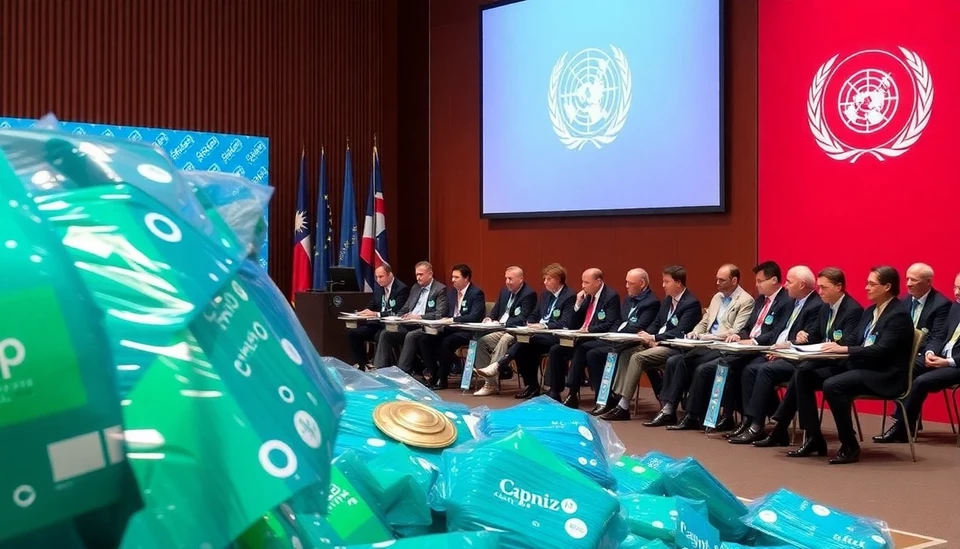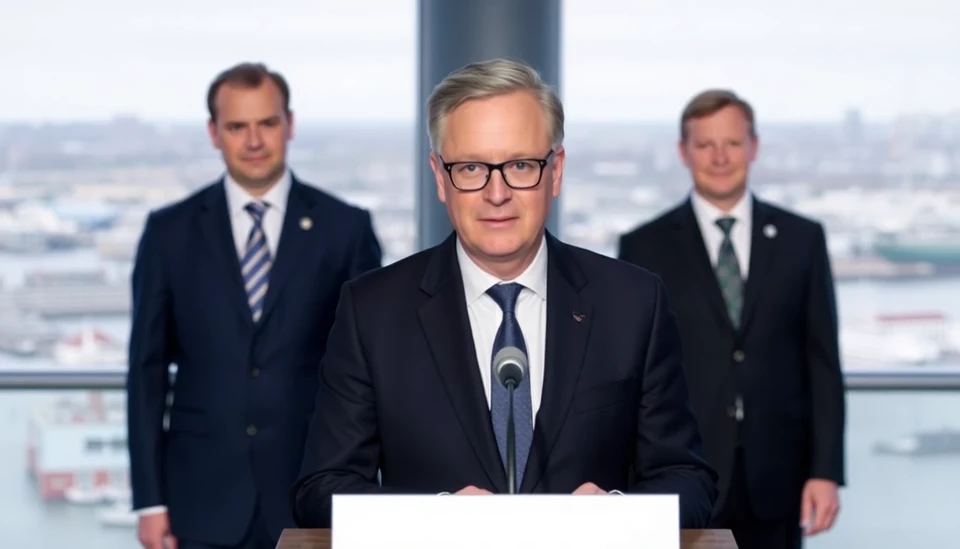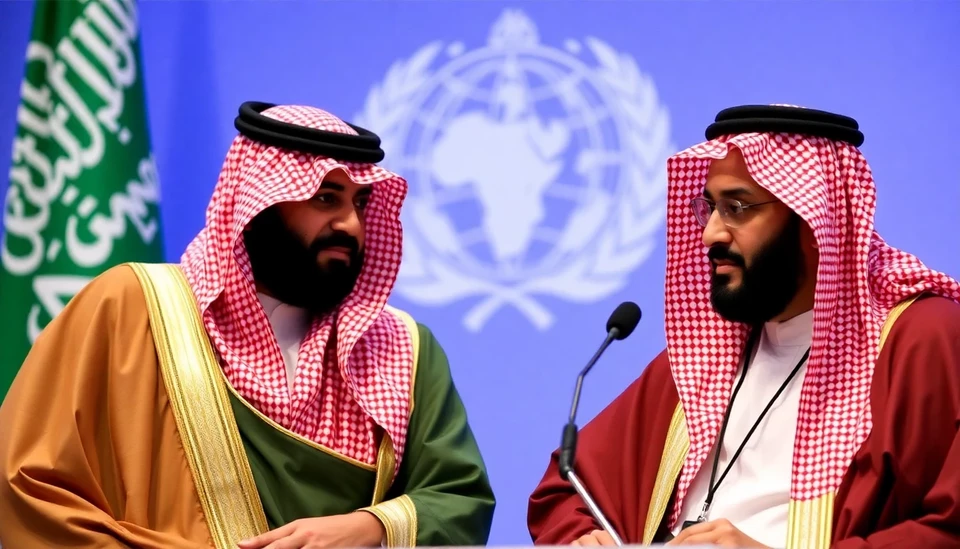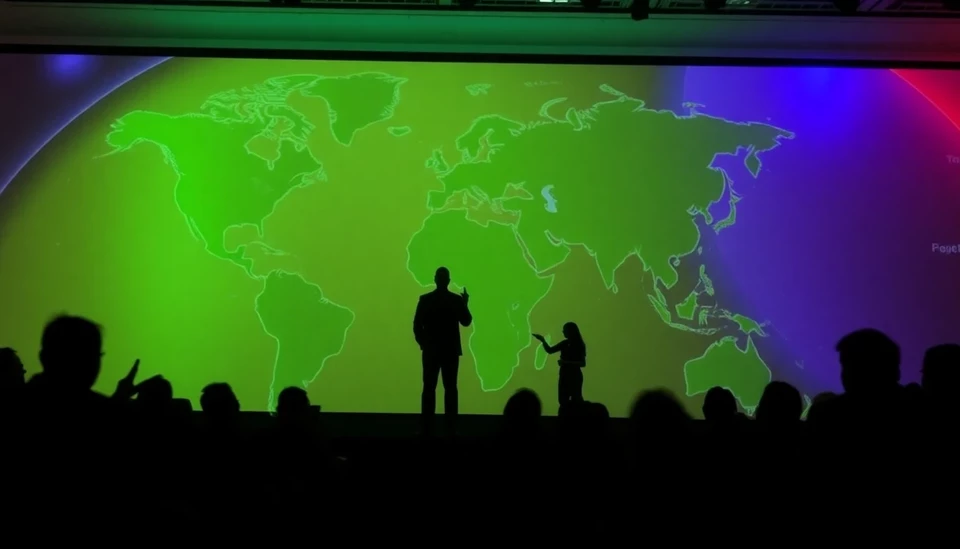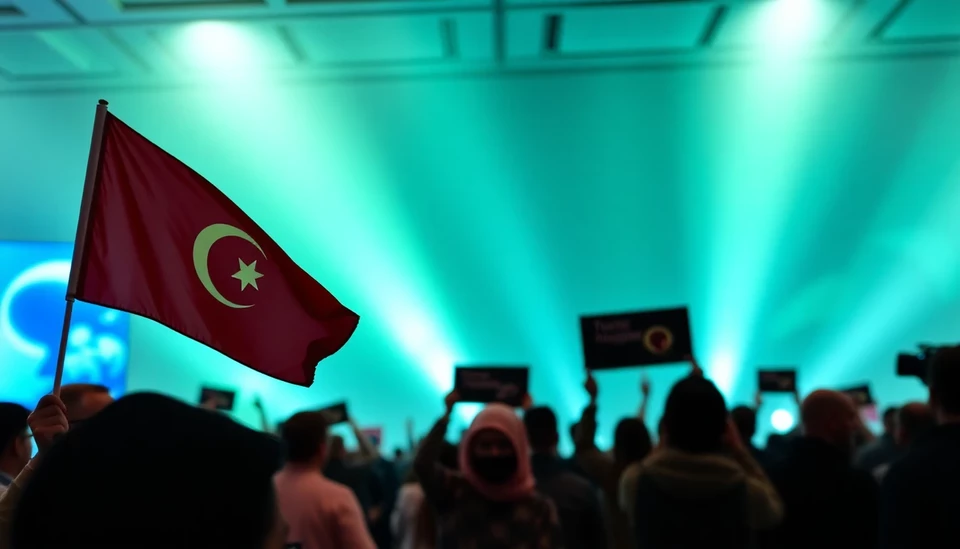
As COP29 approaches in Baku, Azerbaijan, climate activists are raising alarms about the oppressive political climate that may hinder their ability to advocate for environmental changes. Scheduled to take place in late November 2024, the conference has drawn attention not only for the urgent climate discussions on the agenda but also for the controversial hosting country, Azerbaijan, a nation known for its authoritarian regime and crackdown on dissent. Activists fear that their expression of opinions regarding climate policies could lead to repercussions in a country that stifles civil liberties.
Azerbaijan's track record on human rights has left many apprehensive, particularly considering the country's recent efforts to silence opposition voices. Various groups, including human rights organizations, have highlighted the systematic repression faced by activists, journalists, and ordinary citizens, raising questions about how safe it will be for participants at COP29 to express concerns about climate actions and government accountability.
Activists have reported instances of harassment and intimidation before past conferences held in similar contexts. With government officials keen on maintaining a positive international appearance, there are fears that dissent will be swiftly dealt with. COP29 could become a stage for Azerbaijani authorities to showcase their commitment to climate action while simultaneously suppressing any critical voices.
The environment for activists in Azerbaijan is further complicated by the geopolitical dynamics in the region. Increased military tensions and economic instabilities have compounded the challenges faced by those campaigning for climate justice. Many organizations are concerned that the Azerbaijani government will manipulate the conference to divert attention away from its human rights abuses while focusing on its environmental initiatives.
In light of these issues, some organizations have reconsidered their participation, debating whether to engage in dialogues with the government, which they fear may undermine their messages or contribute to legitimizing a regime accused of severe rights violations. Meanwhile, activists are mobilizing to create broader support networks, emphasizing the need for solidarity among nations and encouraging international stakeholders to pressure the government to ensure a safe platform for advocacy during the conference.
Climate activists are also calling upon the global community, including the United Nations and other influential bodies, to safeguard the rights of activists at COP29. They advocate for measures that would protect those who dare to speak out against government policies affecting climate change and human rights. As the conference approaches, the pressure mounts on Azerbaijan to demonstrate its commitment not just to climate goals but to the fundamental rights that enable a productive discussion around those goals.
With COP29 set to tackle critical topics such as reducing carbon emissions and fostering sustainable development, the combination of environmental urgency and the looming threat of oppression begs the question: will Azerbaijan allow for a truly inclusive and open discourse on climate issues?
As environmentalists gear up for what they hope to be a landmark conference, many remain uncertain if their voices will be heard or silenced amid the authoritarian backdrop of Azerbaijan.
Overall, as COP29 draws nearer, the spotlight remains on both the perilous state of human rights in Azerbaijan and the imperative to address the increasingly dire climate crisis—two issues intertwined in a way that could define the future of international climate agreements.
#COP29 #ClimateActivism #Azerbaijan #HumanRights #ClimateJustice #EnvironmentalPolicy
Author: Megan Clarke

